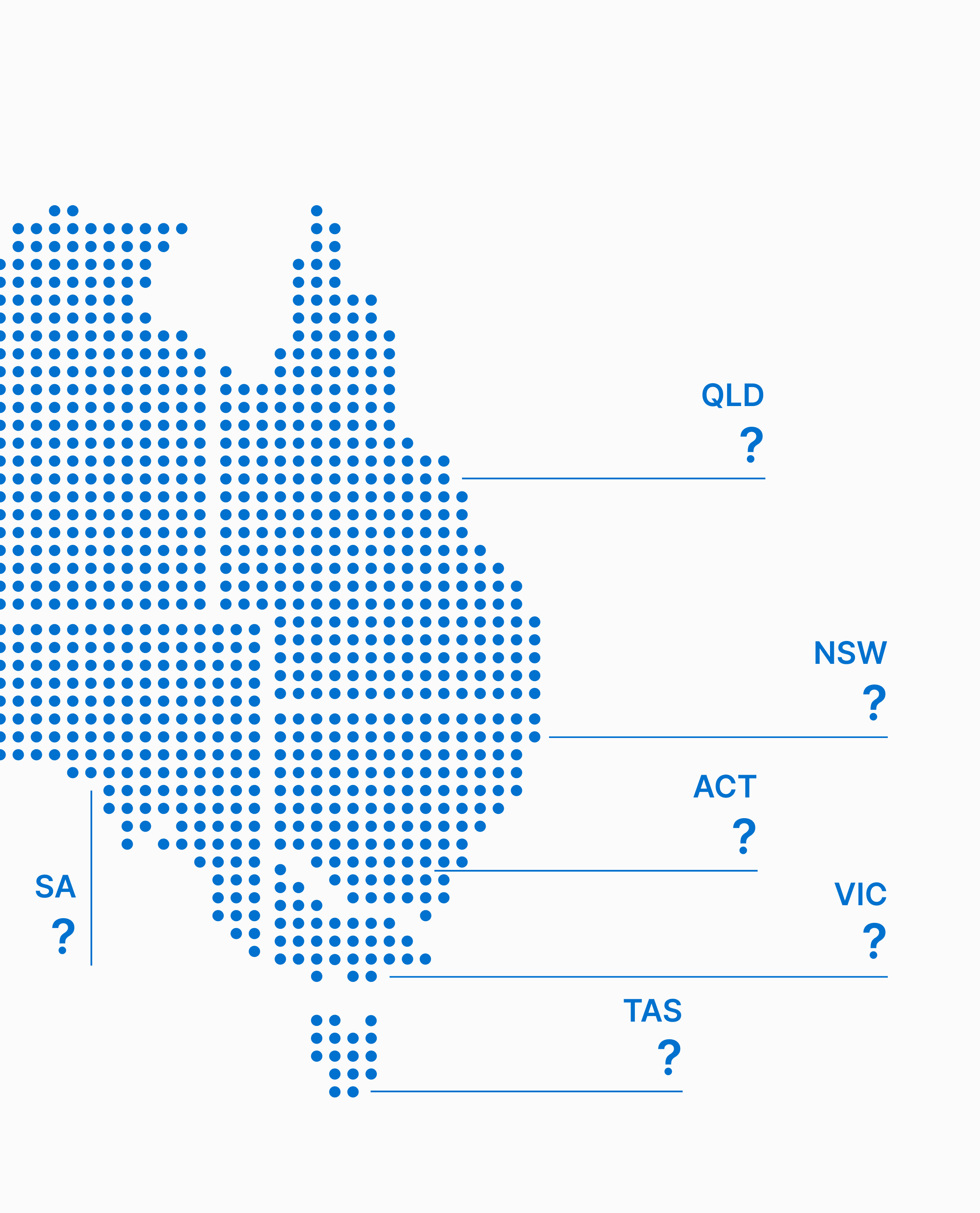Introducing Zeller for Startups.
Don’t waste time assembling disparate tools or waiting in line at a bank. Zeller for Startups is an all-in-one financial solution for founders, by founders.
29.07.2024 Payments

When someone makes a cashless transaction – by tapping their card or mobile device to your EFTPOS terminal – there is a cost for using the technology that moves the money from their account to your business bank account. This cost is known as a ‘transaction fee’ or ‘merchant fee’.
A way for businesses to avoid having to pay this fee is to pass it on to the customer as a small surcharge that is added to the sales total. So, instead of your business incurring the cost of the transaction, your customer covers it at the time of payment. This is referred to as ‘surcharging’.
This process is sometimes also referred to as an “automatic surcharge”, which means the cost of accepting a transaction is automatically passed on to your customer.
Yes. In Australia, it is legal to pass on the transaction fee, however, the Reserve Bank of Australia (RBA) mandates that the surcharge rate can’t be higher than the amount you incur to process card transactions (your ‘cost of acceptance’). Read our blog article to learn more about how surcharging works in Australia and in what states and industries it is most popular. It is important to note that if you do choose to pass on the fee to your customers, you are legally obliged to display appropriate surcharge signage at the point of sale.

Find out what states and industries surcharge the most in Australia.
While the promise of ‘free’ EFTPOS processing is enticing, it’s important to make sure you fully understand the terms of your contract with your payment provider before proceeding. Many fee-free or zero-cost EFTPOS plans do indeed have additional costs and obligations, which we’ve listed below:
When signing up for a zero-cost EFTPOS provider, make sure you’re asking questions to uncover the hidden charges and obligations — to ensure you’re getting the best deal for your business, and for your customers, too.
To learn more about the true cost of EFTPOS, read our article on deciphering transaction fees.
At Zeller, we pride ourselves on keeping our fees simple and transparent. When you use Zero-Cost EFTPOS with Zeller Terminal, you know exactly how much (and how little) you’re paying.

Pass on your transaction costs with automated surcharging, so you'll never pay a card processing fee — no matter the card type.